
EU strategy for mobility and transport
What are the measures needed by 2030 and beyond when it comes to implementing the European Commission's Strategy on Sustainable and Smart Mobility?

What are the measures needed by 2030 and beyond when it comes to implementing the European Commission's Strategy on Sustainable and Smart Mobility?

Due to COVID-19 pandemic, the Interconnect partnership has made a decission to move the FINAL CONFERENCE from 7th May to preliminary 1st October 2020. We will kepp you updated.
Also, we are happy to inform that the Monitoring Committee has approved our requests for change, and thus the Interconnect project has been granted an extension untill 30th November 2020.

On the 11th of March Interconnect partners met in Karlskrona. Due to the travel restrictions following the Corona virus (Covid -19) only 10 persons were able to participate in Region Blekinge office and two persons participated online.
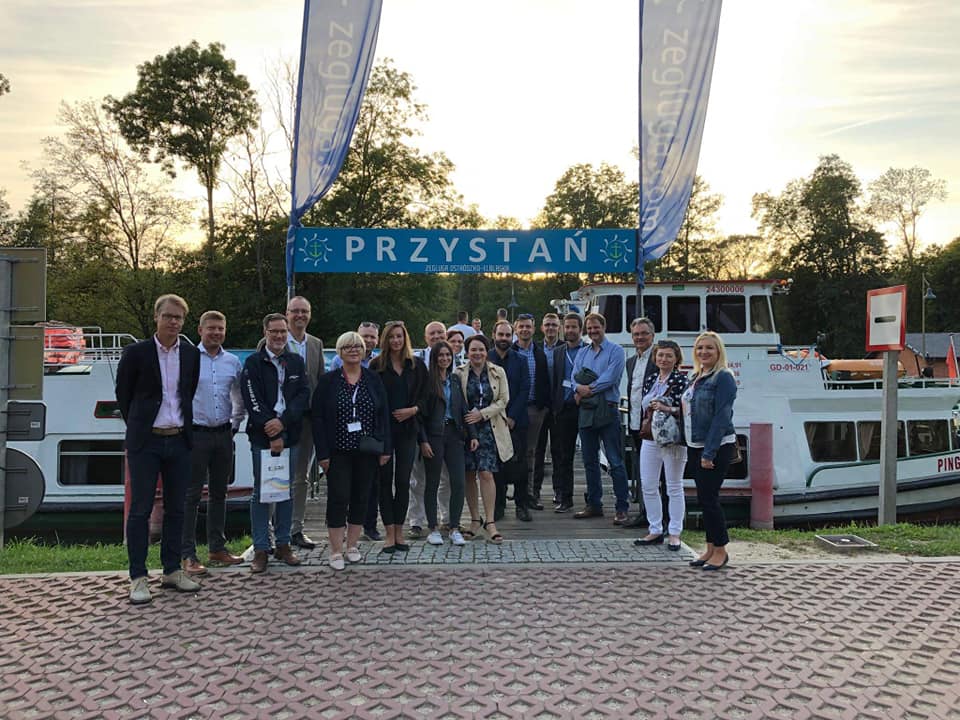
Interconnect is noted as an example of South Baltic Programme success story.

On the 17th of February the Ministry of Infrastructure in Sweden held a hearing regarding the revision of the TEN-T regulation. Our Project Manager Mattias Andersson, representing Region Blekinge, emphasized the importance of cross-border public transport.

The past year was a busy time for all Interconnect project partners, as it was marked by numerous meetings and promotion of the project itself.
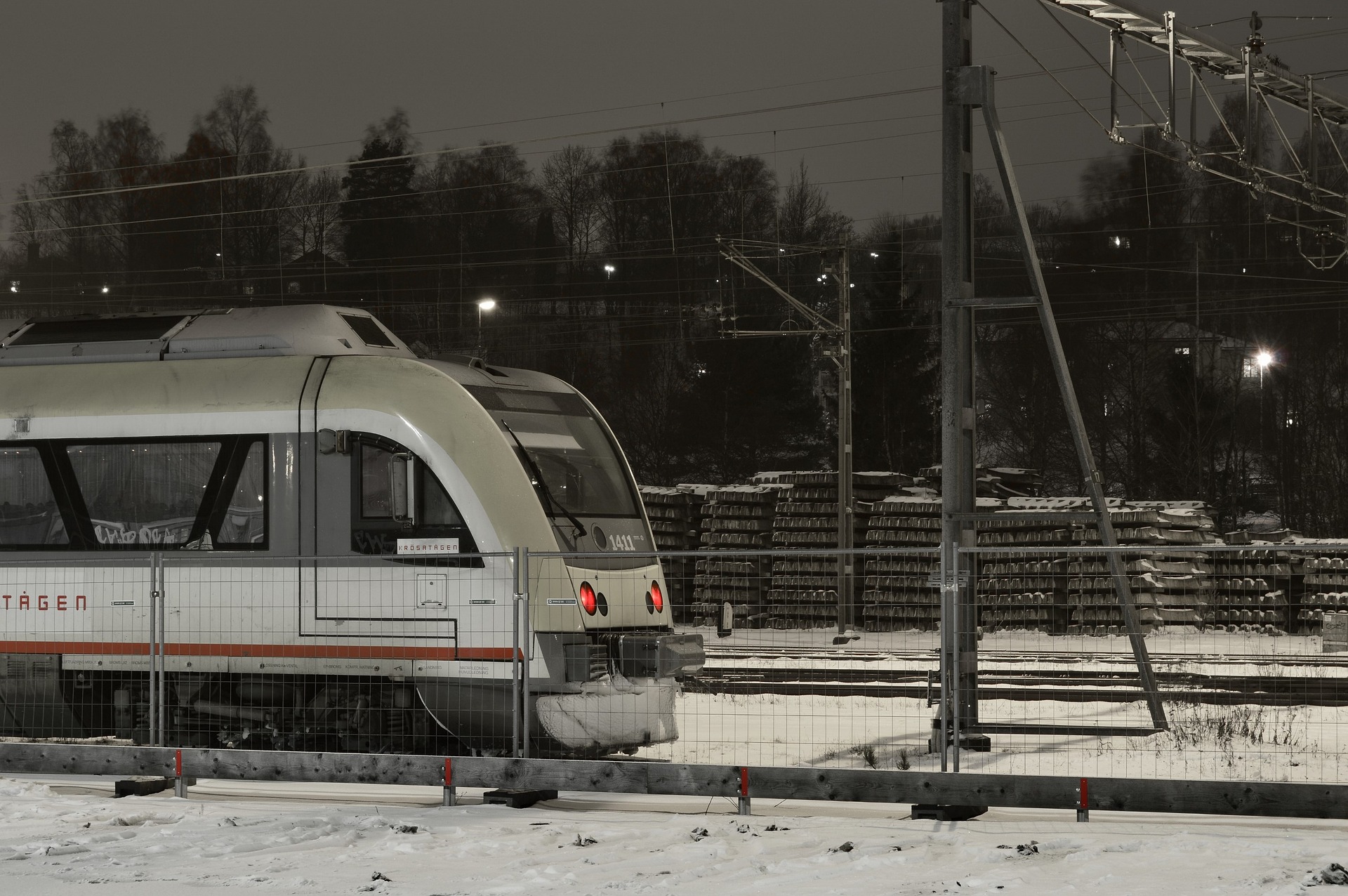
Sweden revealed tentative plans for replacing air transport by overnight trains to several European cities.
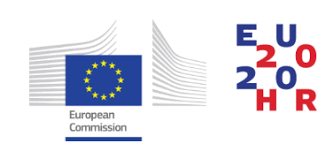
On 13 - 15 May 2020 in Šibenik, Croatia the TEN-T Days 2020 Conference will take place.

On 20th December 2019 the Interconnect project partner Innobaltica announced an open tender for the implementation in the area of the Pomeranian Voivodeship of a charges collecting system for transportation in collective passenger transport and a consistent passenger information system, common for both coordinators and carriers.
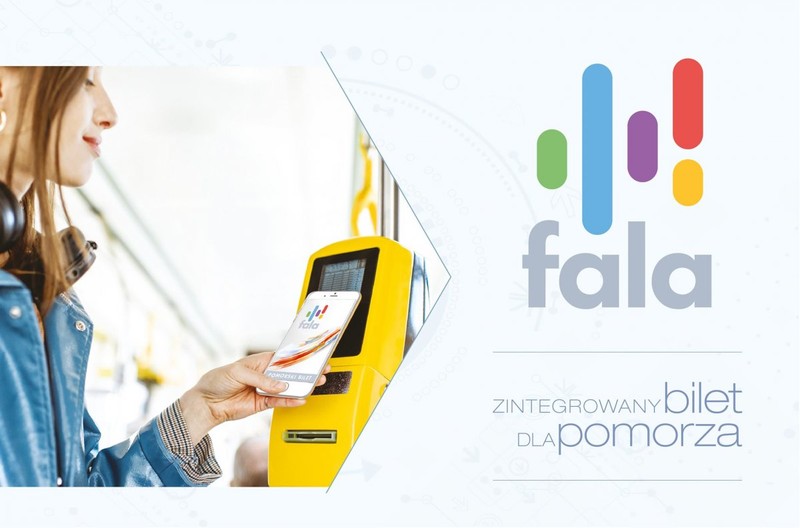
This year one of the most modern integrated payment system in public transport will start functioning in Pomerania Voivodeship. Responsible for the implementation of the project officially known as “Increasing the availability of regional rail transport in the Pomeranian Voivodeship through its integration with local transport” is the local company Innobaltica, the Interconnect project partner.

By Svetlana Sukhova
23 participants from partner regions in Germany, Sweden, Denmark, Poland, Lithuania and Estonia attended the INTERCONNECT partnership meeting, which took place on 5th of December 2019, in Rostock, Germany in the main building of the city of Rostock administration.

The conference took place in the framework of Interconnect project on 5th September 2019 in Elbląg in the premises of the Association of Polish Communes Euroregion Baltic Poland’s Communes Association of the Baltic Euroregion.

On the 14th of November, Interconnect participated in the conference "Boosting Cross-Border Regions through better transport" which took place in Brussels and was organized by the European Commission, Directorate-General for Regional and Urban Policy and Directorate-General for Mobility and Transport.
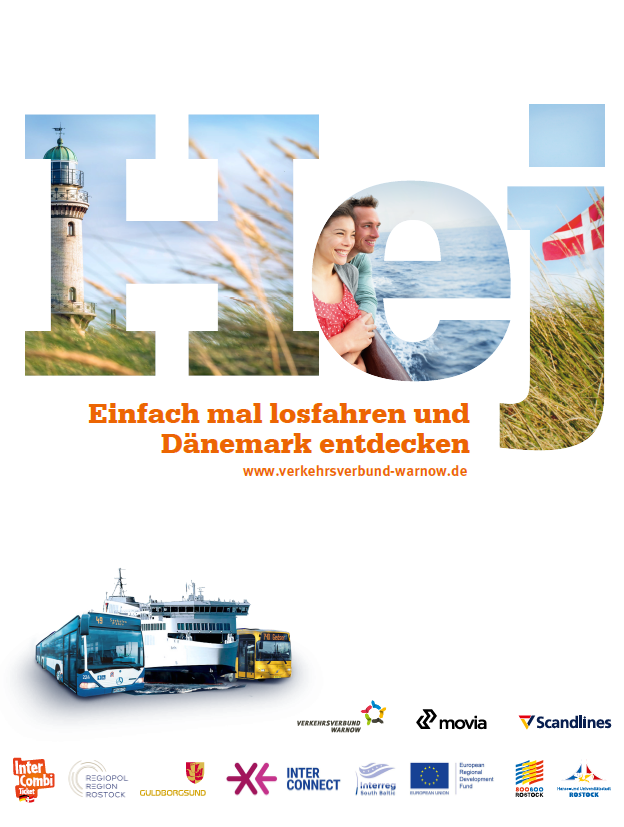
It's great to use the money from EU projects to build bridges between countries. As in the project Interconnect, in which the planning group of Region Rostock is an associated member.

On 10 th of October our Partner InnoBaltica carried some workshops under the Interconnect Project.